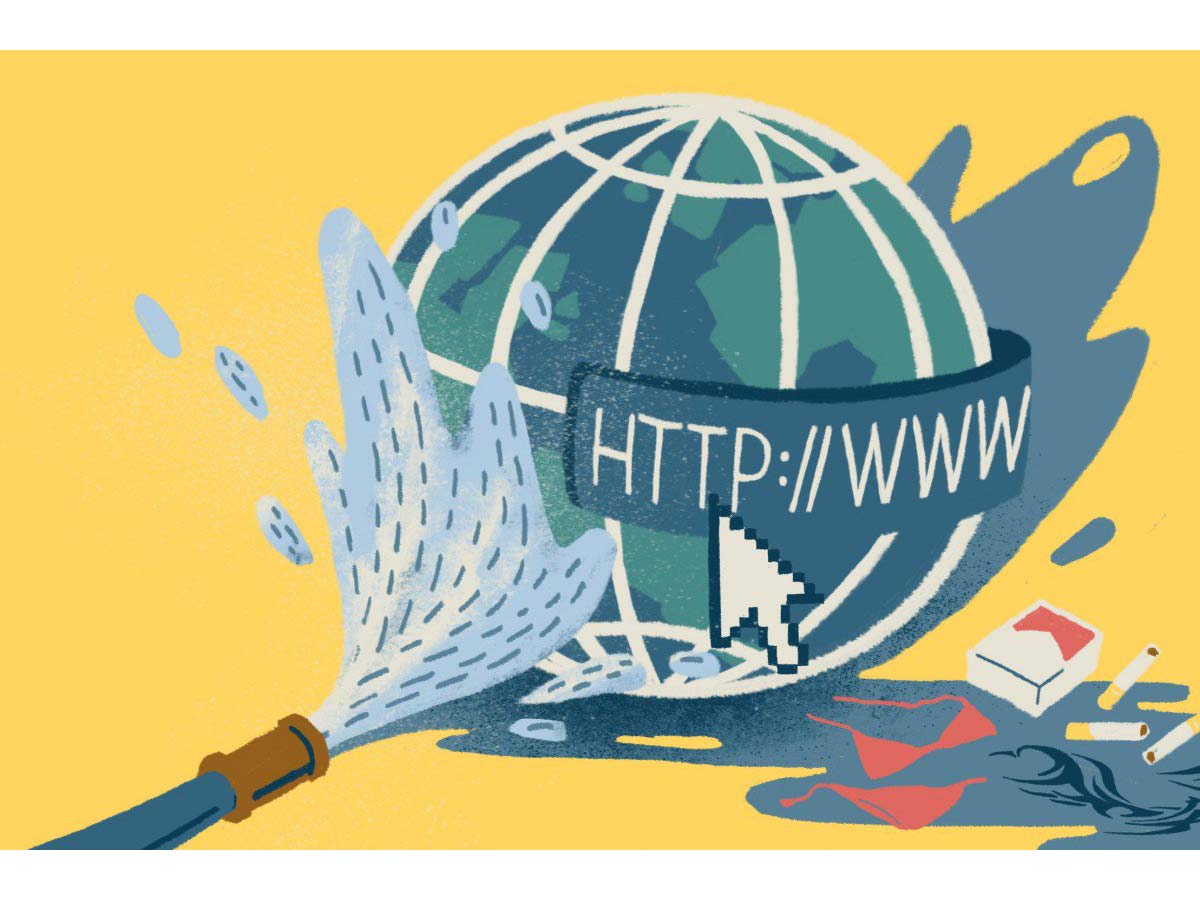China is no stranger to surveillance and controlled internet. And here, it wants to further regulate it by removing contents that include smoking, tattoos and bikinis.
China’s social media companies employ thousands of people to help the government censor content that falls to these categories, including blocking contents that talk foul of the country’s regulations governing the internet.
Most of these people are employed just after they graduated. As they work at the front lines of China's war to police the internet, they are relentlessly labeling, rating and sorting the sea of contents created each day by the world's biggest population.
While AI is being used to remove banned content, many of the decisions are taken by humans, especially if they involve context
Here, they mostly scout and sort contents shared by the hundreds of millions of Chinese people on China's social media networks, and see what people streamed on the internet. Then there are "live-streamers" who broadcast contents, much like YouTubers, but on Chinese internet platforms.

After the contents have been filtered and sorted, the classification system then allows those companies to devote resources to sort them in ascending order of risk.
AI can be used to help here. But most of the times, humans are still involved: a single reviewer can monitor more low-risk content at one time, like cooking shows, for example. On the other hand, high-risk content is flagged for closer scrutiny.
The contents that these people seek the most, include those that include smoking, bikini and bare tattoos.
Smoking is not allowed because the authorities see the activity as promoting an unhealthy lifestyle. As for bikinis, the clothing is tied to the Western culture, and as for tattoos.
China closely patrols online activity and censors content critical of the ruling Communist Party and politically sensitive terms such as the Dalai Lama, Tiananmen crackdown and Falun Gong.
The Chinese government justifies its “Great Firewall” as a system that censors and where access control is dubbed.